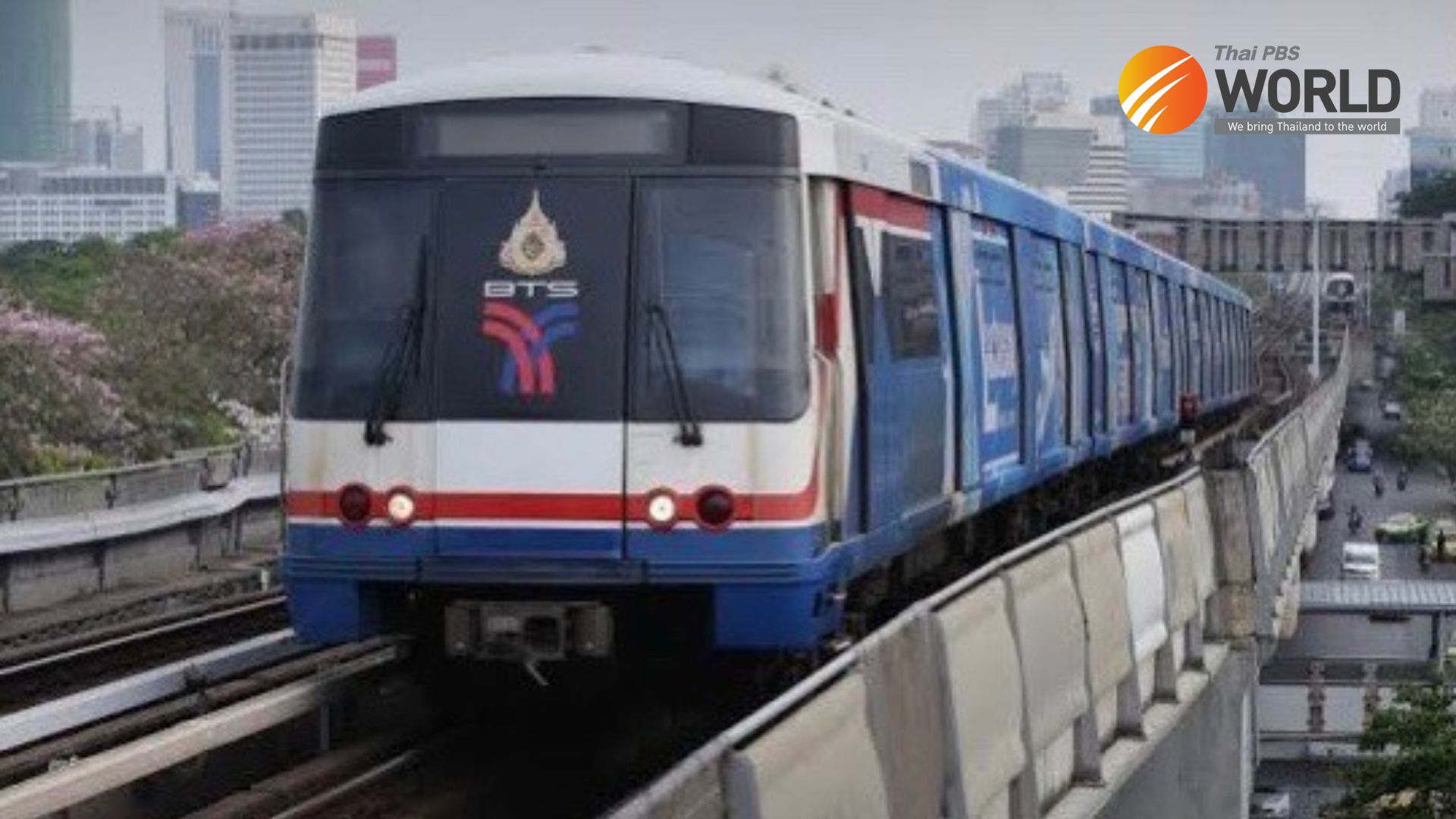Pheu Thai’s challenge to reduce electric train fares to 20 baht max

The Department of Rail Transport believes that, if the Pheu Thai party’s policy to reduce the fare for electric train services in Bangkok and its suburbs to 20 baht, to travel the entire distance of a route, the government must allocate a special fund to subsidise the operators for their loss of revenues, as specified in the concession contracts.
The 20-baht electric train fare is one of the Pheu Thai party’s election manifesto promises.
According to a study, conducted by Thailand’s Development and Research Institute (TDRI), electric train fares in Thailand are about 20% higher than in Singapore, even though the per capita income of Singaporeans is much higher than that of Thais.
The average train fare for a trip in Bangkok is estimated to at 11% of the minimum wage, compared to 1.5% in South Korea, 2.9% in Japan or 3.5% in Singapore, according to TDRI.
One of the reasons cited for the expensive fares in Bangkok and its suburbs is the repeated collection of the entry or starting fare, at 16 baht, which is charged on commuters who travel a long distance from one section to another.
The Green Line runs from Mor Chit to On Nut and the Silom route from the national stadium to Taksin station. When the Mor Chit-On Nut route was extended to Bearing, commuters who travel from Mor Chit to Bearing will be charged the entry fare for the extended travel from On Nut to Bearing.
The entry fare charge for each section of the train route is in accordance with the concession contract, which is binding on BTS (Bangkok Mass Transit System) and BEM (Bangkok Express Metro) the Bangkok Metropolitan Administration and the Mass Transit Authority of Thailand (MRT).
If the new government, led by the Pheu Thai party, can realise this policy, to reduce the electric train fare to a maximum of 20 baht as pledged, it would boost the party’s popularity among people in the city.






